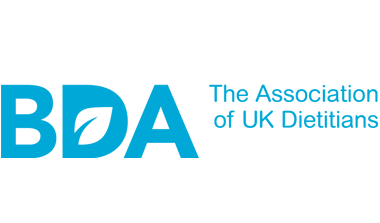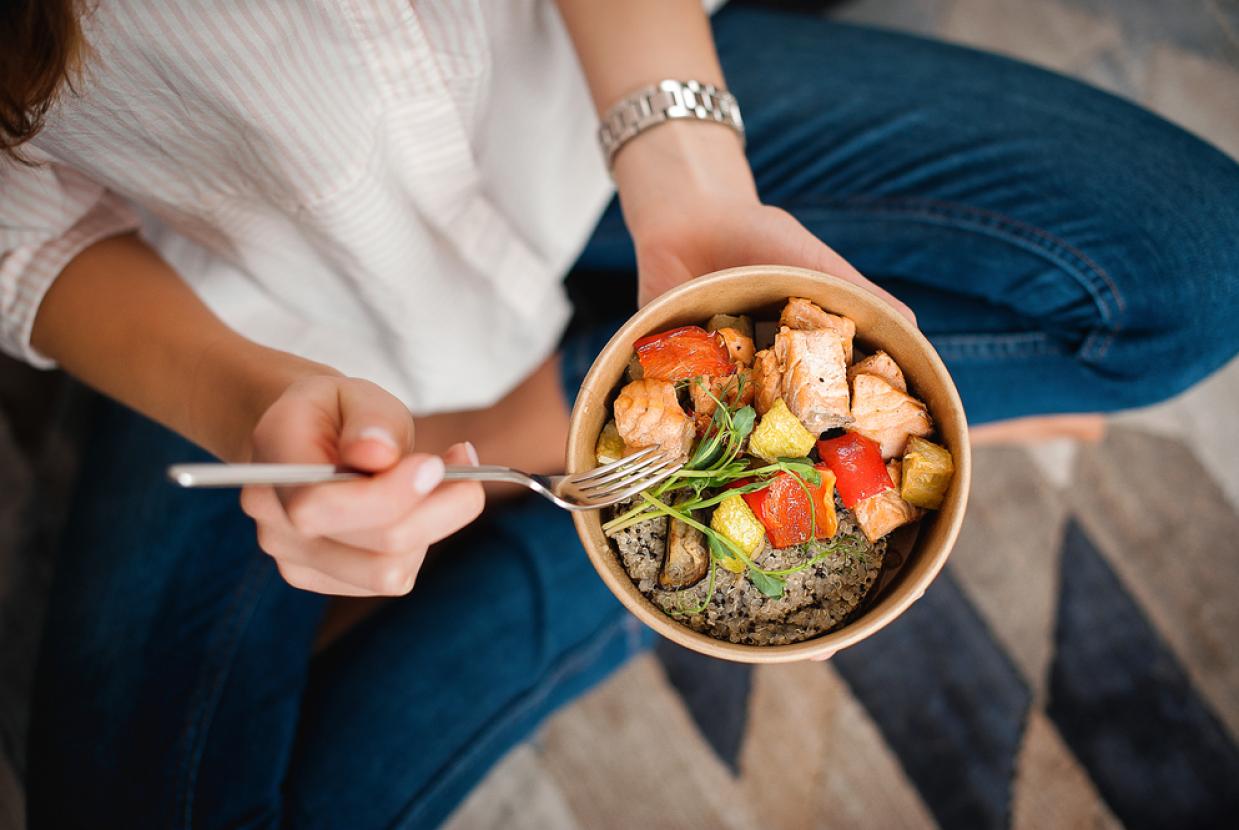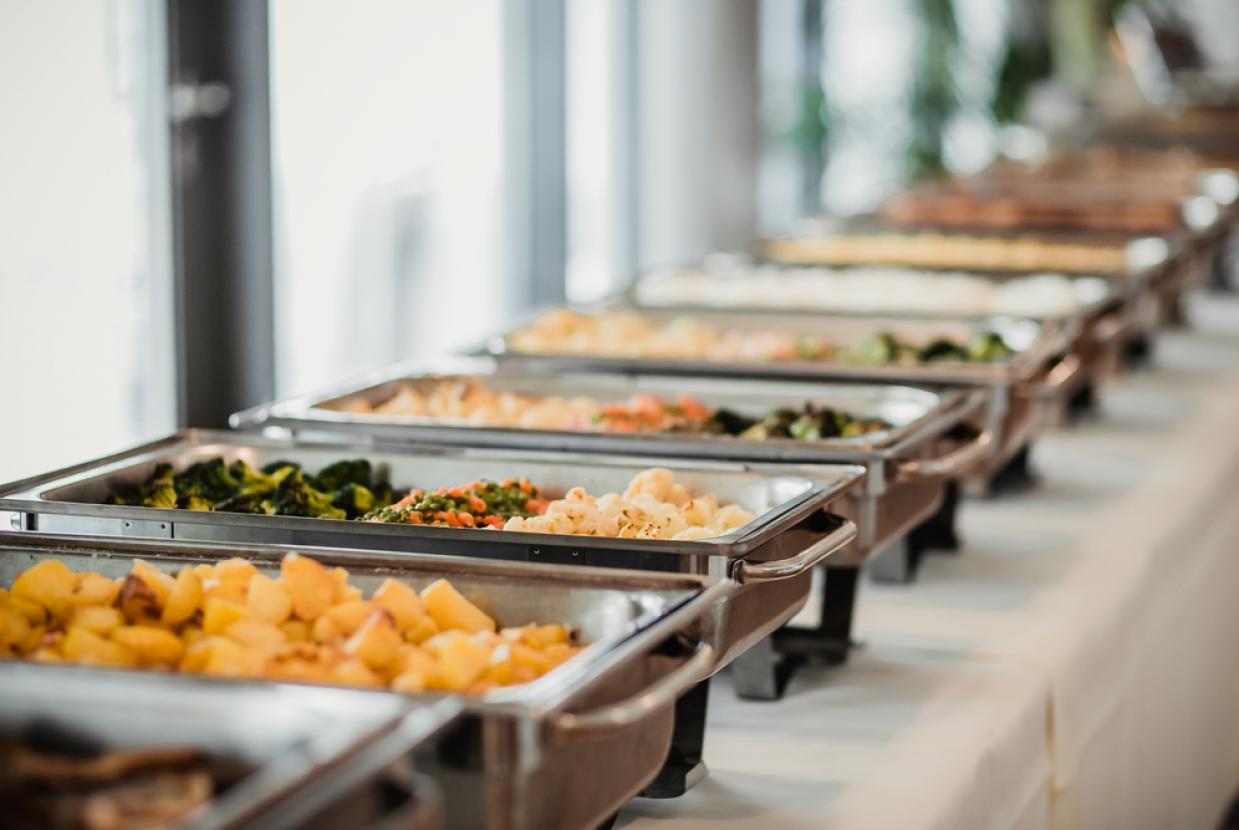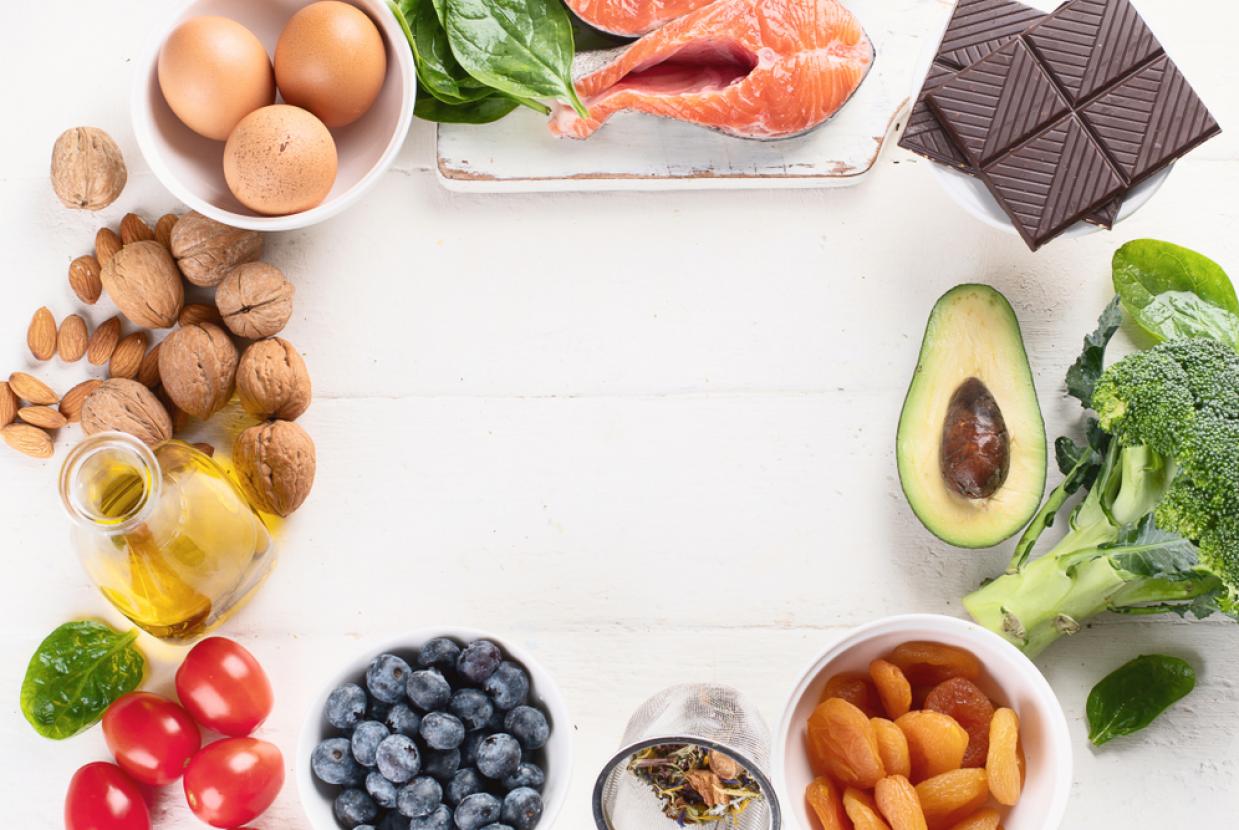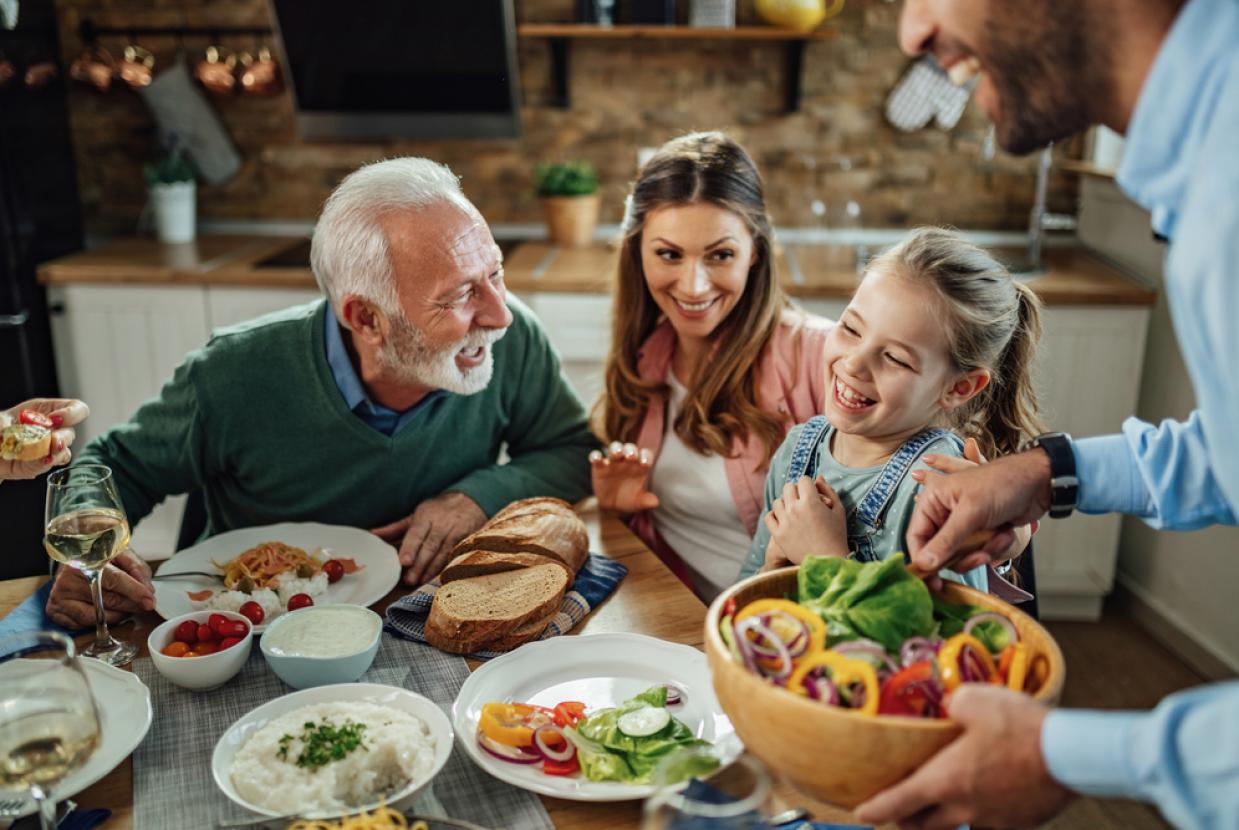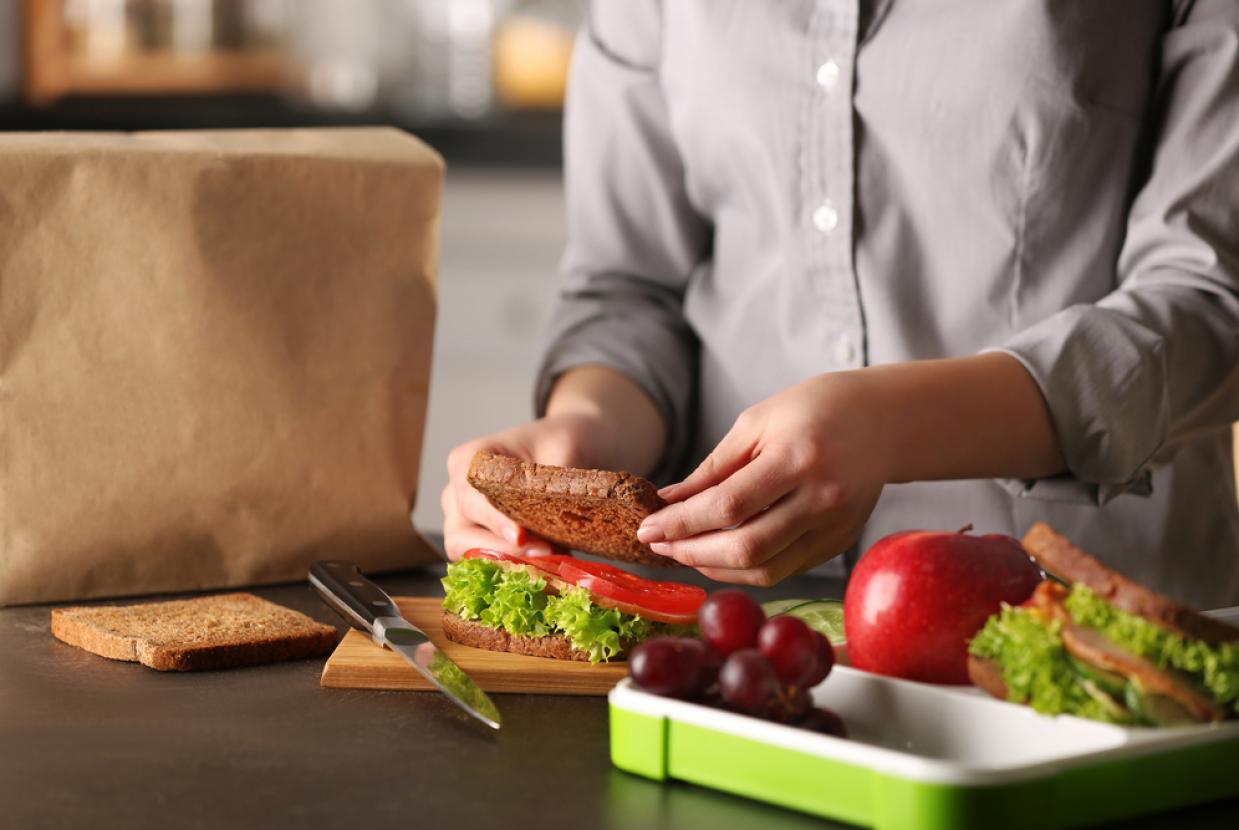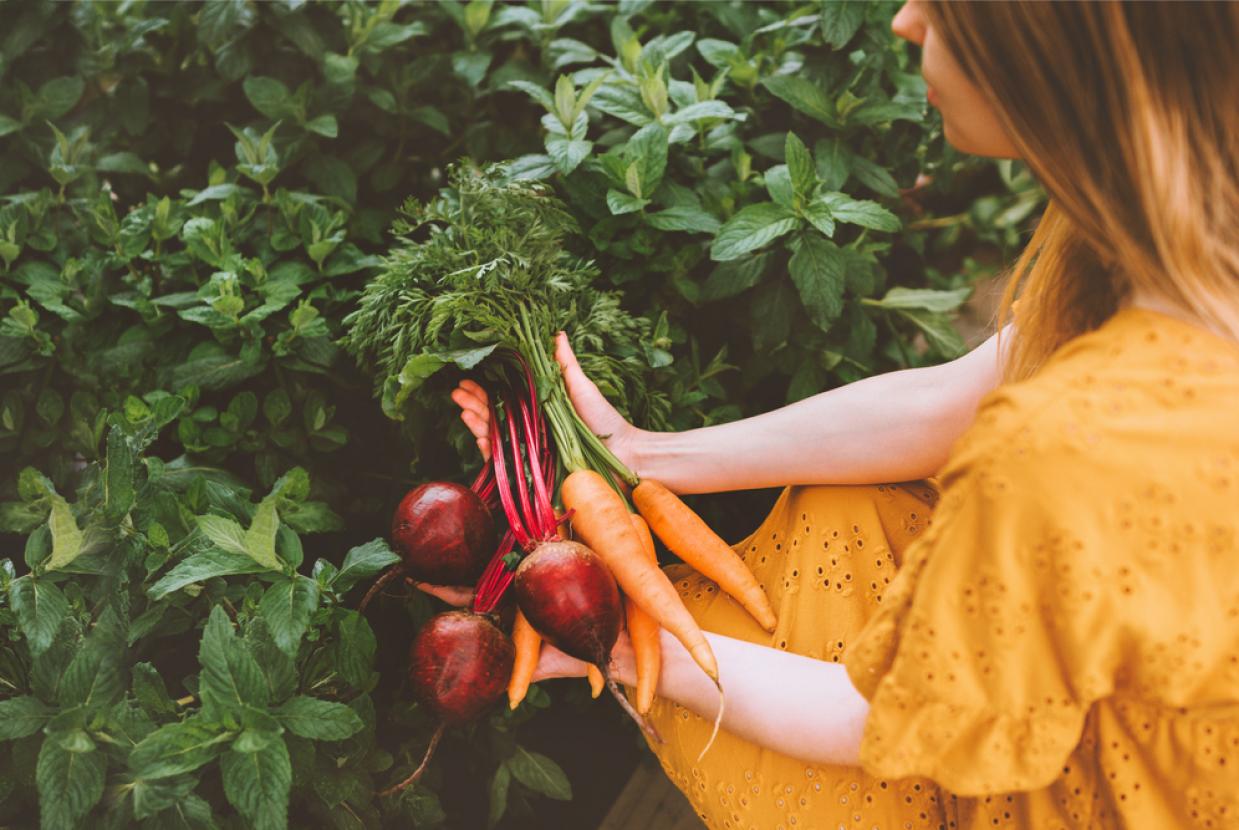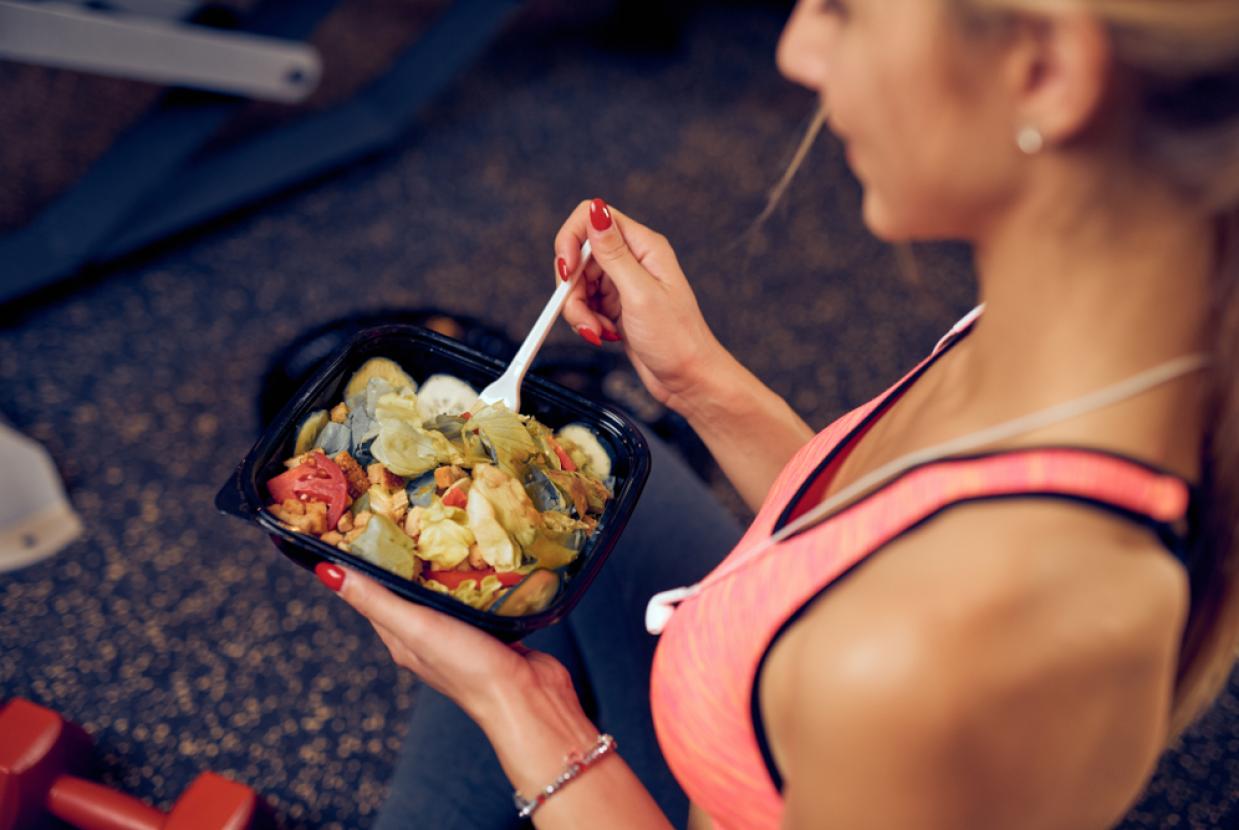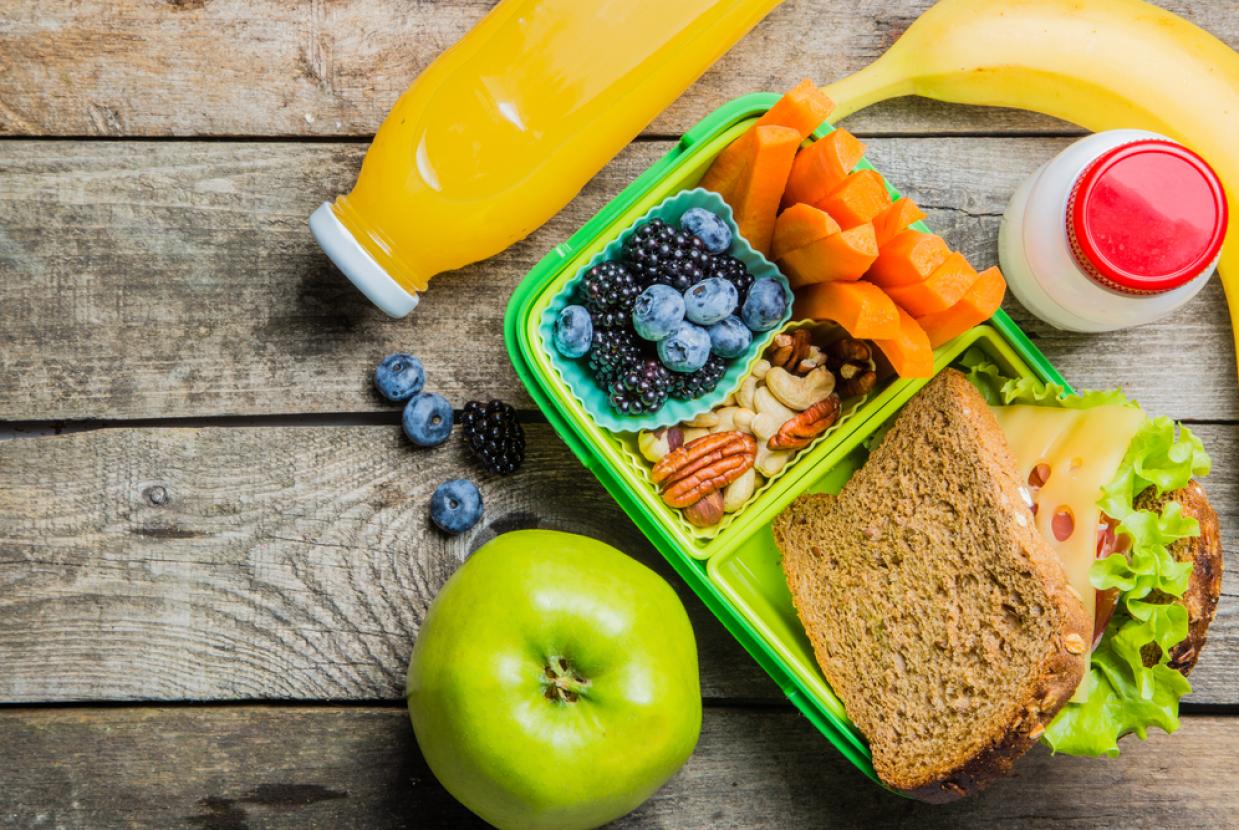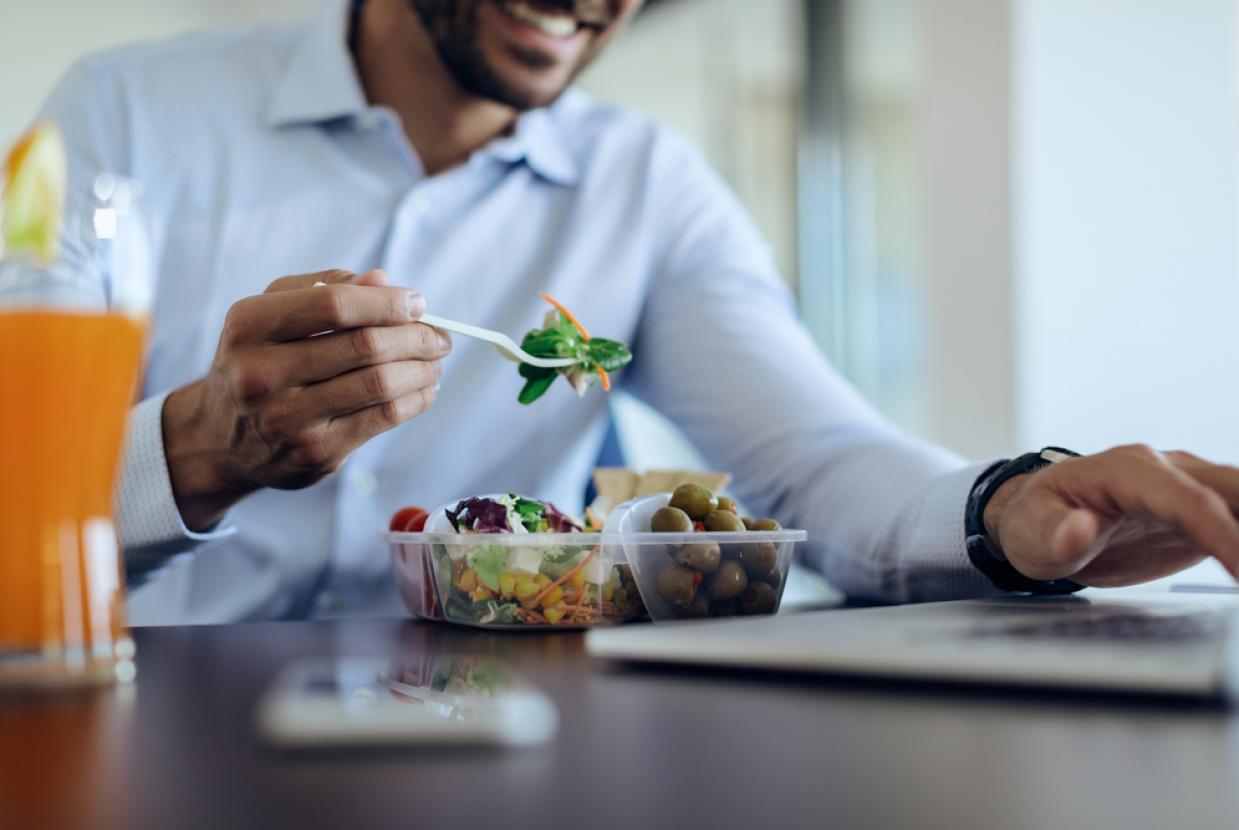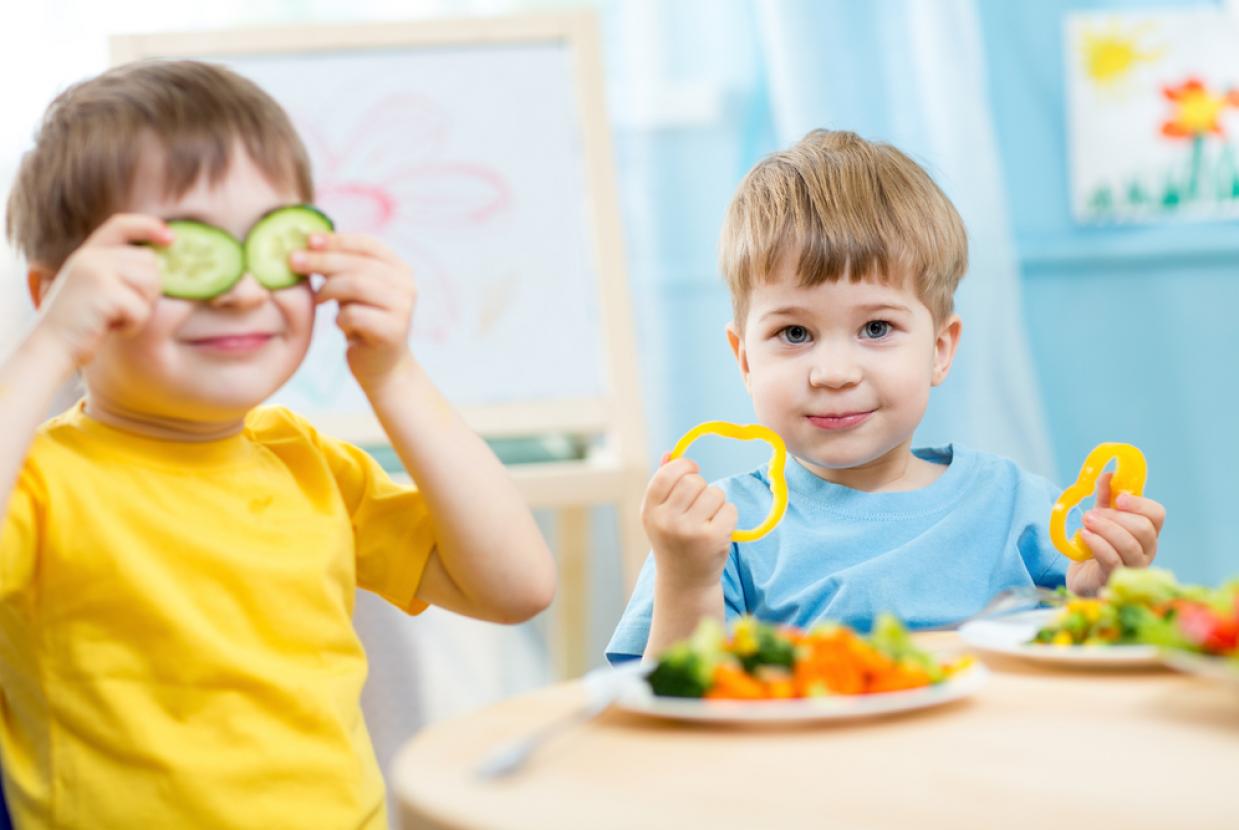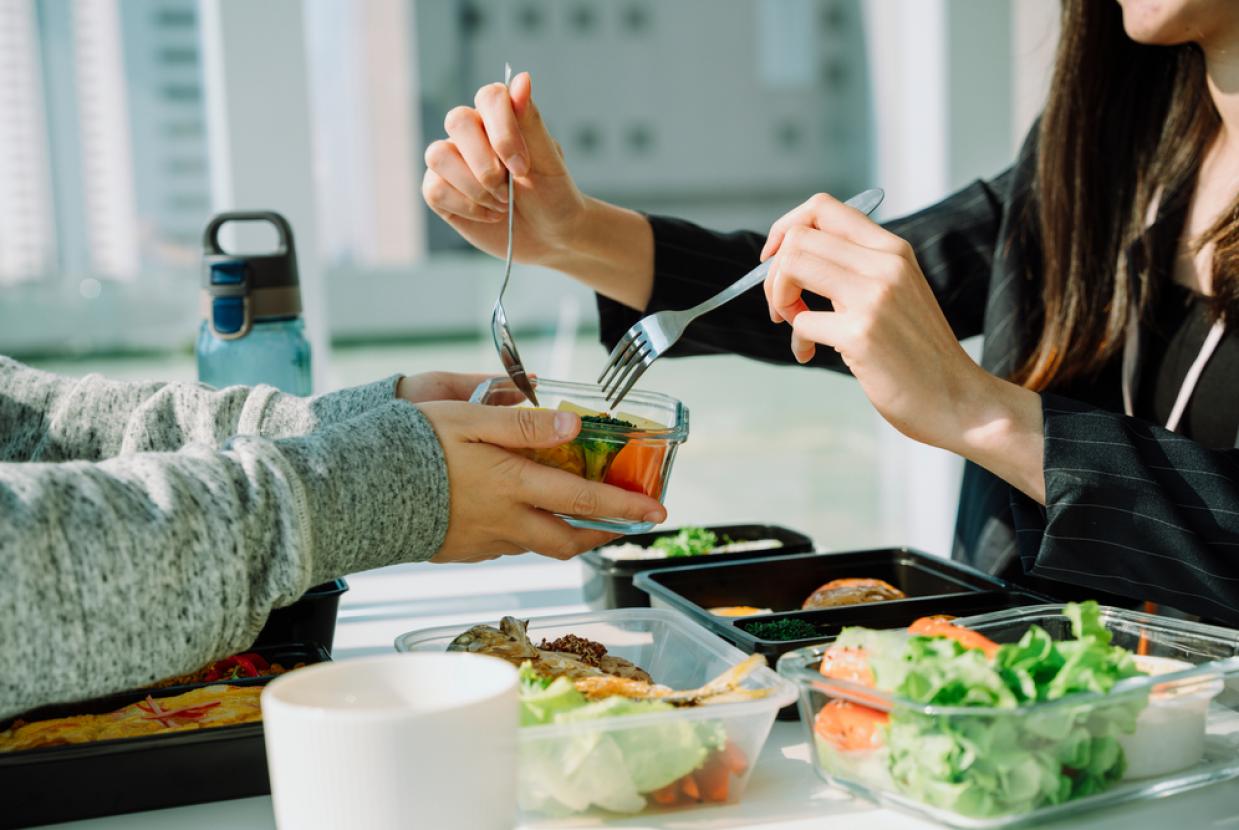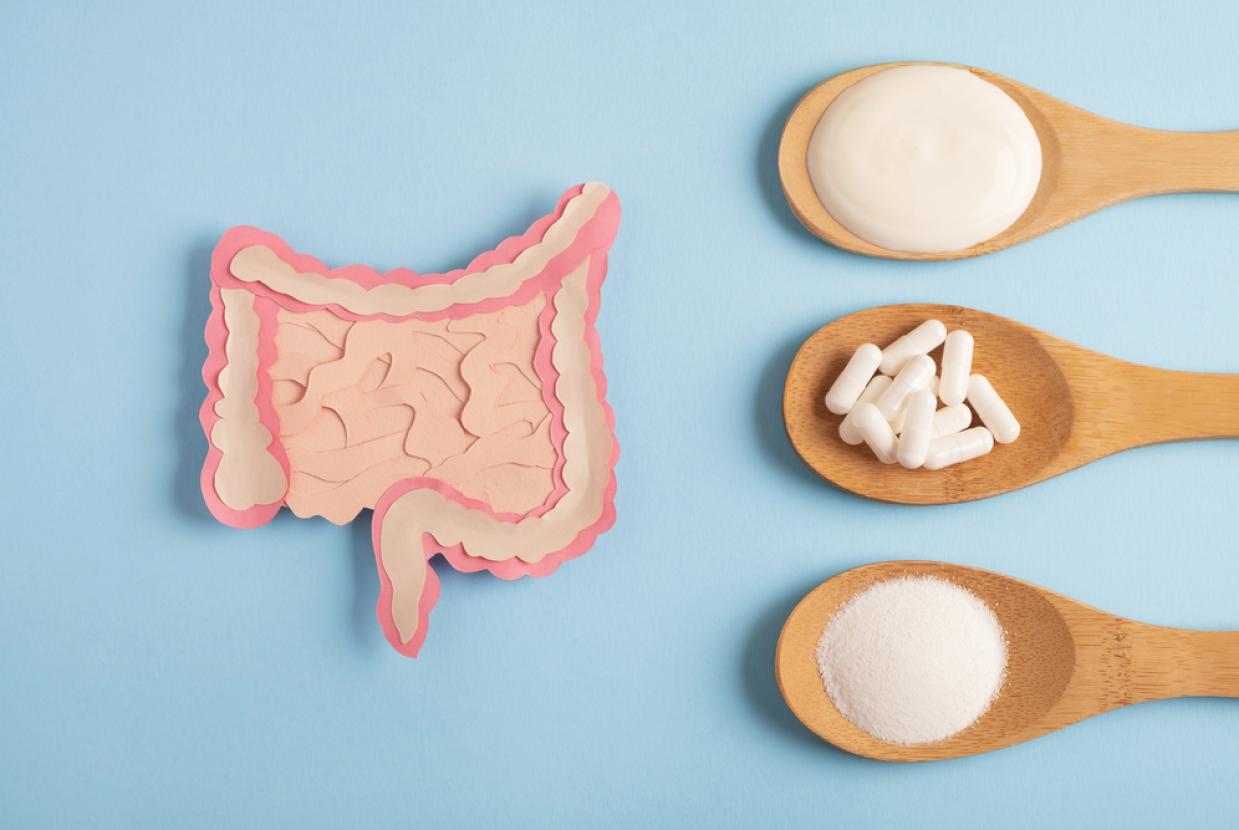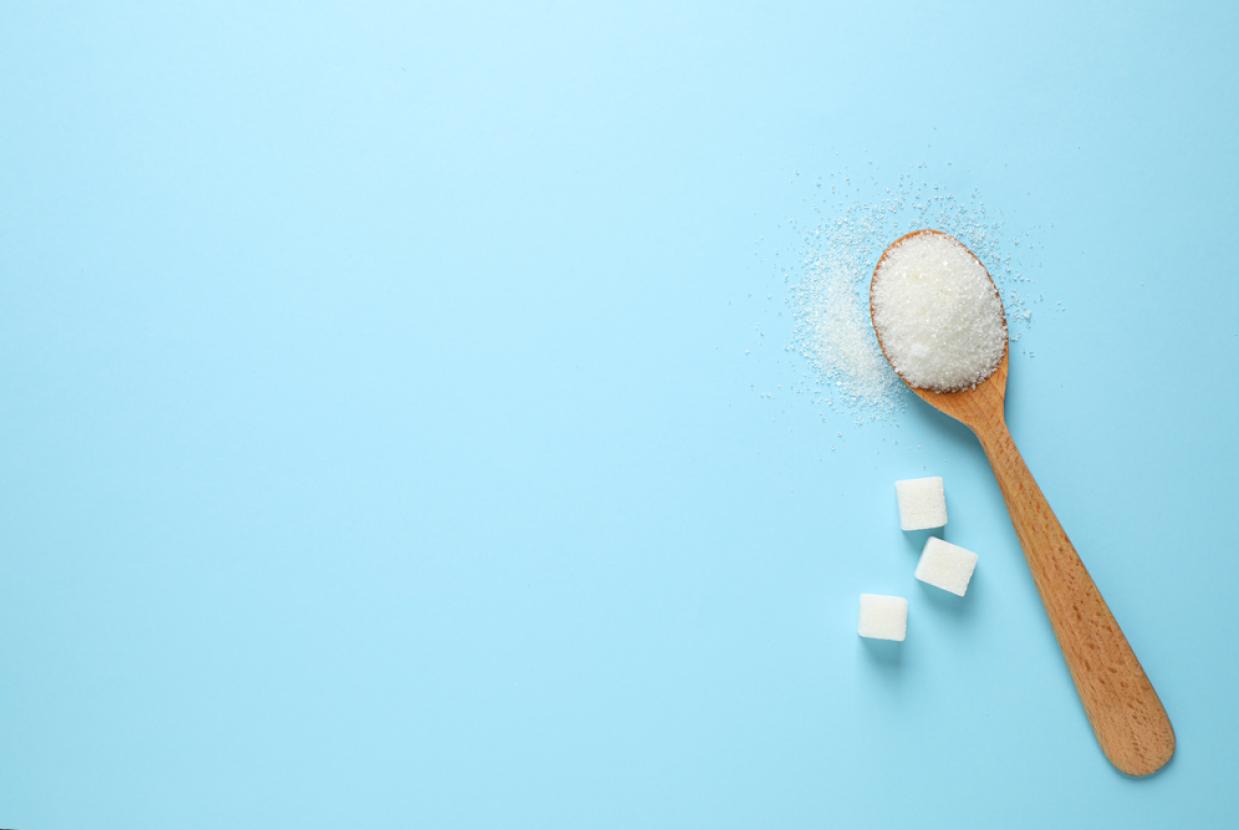Sustainable Diets
Healthy Diet / ConservationSustainable diets are a global concern. From farm to fork to waste, each stage of our food system has environmental impacts – farming and manufacturing processes and the way we eat and dispose of food is damaging the planet.
- Food production contributes 15-30% of total greenhouse gas (GHG) emissions in the UK and therefore contributes significantly to global warming.
- Food production is a leading cause of deforestation, biodiversity loss, and soil and water pollution.
- Our food system accounts for 70% of all human water use.
Our eating habits are having an adverse impact on the environment and climate change will in turn threaten global food security.
What is a sustainable diet?
Definitions vary, but according to the Food and Agriculture Organization of the United Nations, “Sustainable Healthy Diets are dietary patterns that promote all dimensions of individuals’ health and wellbeing; have low environmental pressure and impact; are accessible, affordable, safe and equitable; and are culturally acceptable.”
Guiding principles include starting with breastfeeding (if possible), then a balanced diet with enough - but not too much – food and plenty of water. It is rich in wholegrains, legumes, nuts and plenty of varied fruits and vegetables. Healthy, sustainable diets can include moderate amounts of animal-derived foods (such as eggs, dairy, and fish) and smaller amounts of meat, especially red meat. Wider considerations include minimising food waste and minimising packaging.
What changes can I make to eat more sustainably?
Follow the Eatwell Guide
A small change can make a big difference. By switching our diet to the Eatwell Guide, from a typical UK diet, we can reduce our environmental impact by 31%. Eating a varied diet from a wide range of sources means we are not missing out on essential nutrients. You only need a moderate intake of animal products to achieve the Eatwell Guide's recommendations.
Reduce food waste
The amount of food we throw away each year in the UK would feed 30 million people. We throw away 7.3 million tonnes of food each year (71% from our homes). The average household cost of food waste is £470 per year. Try planning meals, using leftovers, writing a shopping list and checking the fridge before your food shop.
Eat seasonal and local
Eating sustainably doesn’t have to be expensive. We can reduce our climate impact by choosing fresh fruit and vegetables that are in season and grown locally. Buying seasonal fresh fruit and vegetables is usually cheaper and reduces the amount of greenhouse gases your food uses to get to you.
Reduce meat intake
By reducing your meat portion and adding in more legumes/pulses and vegetables, you can save money, as well as reducing calories and fat, and making your diet more sustainable. With smaller meat portions, aim to buy good quality sustainable meat sources from local producers. Check labels for welfare assured meat and animal products.
How do I make sure I get the right balance of nutrients?
Planning your meals and eating a wide variety of foods will help you meet your dietary requirements. If you choose to follow a meat and dairy free diet, you are at risk of B12 deficiency. Fortified cereals, fortified milk alternatives, fortified plant-based yoghurt and yeast extracts are all sources of B12. A B12 supplement is recommended for those following a vegan diet.
Oily fish are a good source of omega-3. Ensure fish are from sustainable sources and MSC (Marine Stewardship Council) labelled. Other sources include walnuts, flax seeds, chia seeds and rapeseed oil.
Top Tips
- Make one change at a time. Trying to change everything at once can be overwhelming and difficult to maintain.
- Choose a mostly plant-based diet. Try having one meat-free day a week. Reducing red meat portions to 50-70g per day (350-500g/week) is advised. Shift to more plant foods like beans, lentils, nuts and meat alternatives such as 'mycoprotein'.
- Moderate your dairy intake. Prioritise lower fat and sugar dairy options such as milk and yoghurt over ice cream and desserts. If you have plant-based alternatives, make sure to opt for fortified options with added calcium and iodine.
- Aim for your 5-a-day but keep it sustainable. Choose local and seasonal produce, reduce fruit and veg that have been flown in or grown in greenhouses. Avoid prepped and packaged fruit, veg and salads. Remember, tinned and frozen count too!
- Soft drinks and fruit juice are the third biggest contributor of dietary greenhouse gas emissions. Tap water remains our most sustainable source of hydration - use refillable bottles.
- Avoid processed meats and highly processed, high-fat-high-sugar foods. Choosing less processed foods will be beneficial for your health and for the environment. Overall food intake in the UK is too high, especially high calorie foods such as biscuits, crisps, chocolate and takeaways which are less nutritious.
- Two 140g portions of fish is recommended per week, one of which should be oily. Choose fish from sustainable sources. Look out for fish with the Marine Stewardship Council Certificate (MSC).


